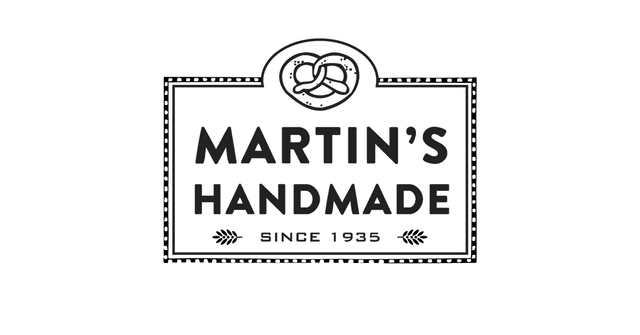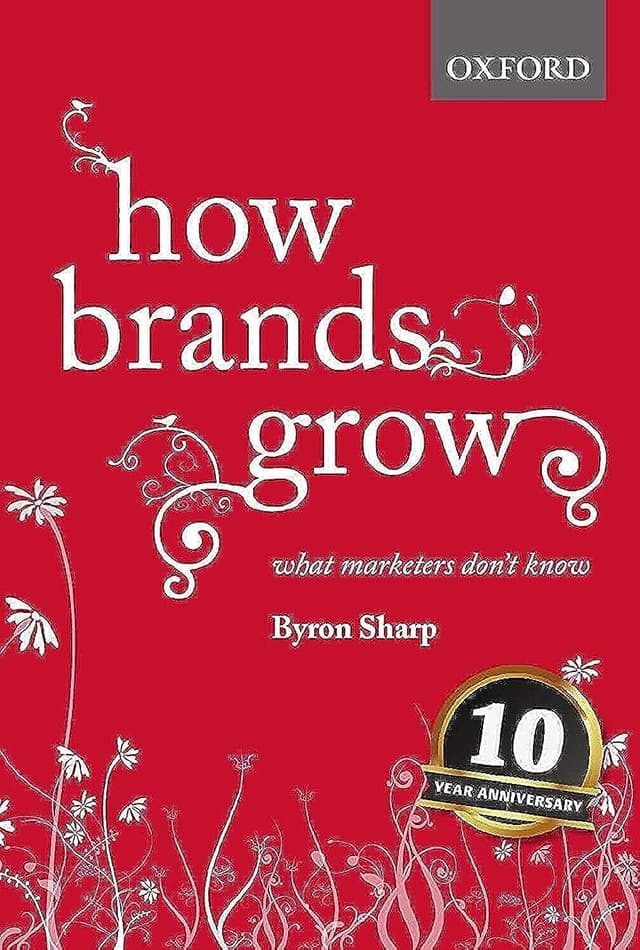Noah Brier | October 22, 2019
Why is this interesting? - The Loyalty vs Availability Edition
On brands, loyalty, and real estate
Recommended Products

These handmade pretzels are recommended for those who are a salt/crunch kind of snack person. They can be found at the Union Square Greenmarket in NYC or ordered online.

A book that discusses how loyalty doesn't really exist in the context of brands, pointing out that the best predictor of loyalty is, in fact, market share.
Noah here. Awhile back I read an interesting piece on how Amazon Prime is misunderstood. The basic premise is that Prime isn't about loyalty in the way people typically think of the word:
The biggest lesson to take from Prime is that loyalty is about behavior. It is not about a point system, coupons, discounts, branded credit cards or any other oversimplified projection of loyalty. Instead, loyalty is about nurturing behavior that defaults in a business’s direction. Building the best customer experience is a guaranteed way to incite loyalty. With a true understanding of Prime, one can apply this mentality to other industries, including ones that don’t rely on fast shipping. The key is to simply enable an experience that is so good it changes previous behavior. That’s all loyalty is.
Loyalty is an oft-discussed and deeply misunderstood idea in marketing. How Brands Grow (which if you know me I've recommended to you at least eight times) is basically all about how loyalty doesn't exist. The point of the book isn't that people aren't sometimes loyal to a specific brand, but that the best predictor of loyalty is market share. The reason for that is simple: Even the most loyal customer can't be loyal to something they can't buy. No matter how much you like Coke, it's Pepsi or nothing at Taco Bell.
The reason I mention the article is that there's a bit at the end about Starbucks that raised my hackles:
Companies that offer the best experience build strong relationships with their customers. For Amazon, loyalty is instant gratification (insanely quick shipping) and an endless selection (tens of millions of products). For Starbucks, loyalty is speed (quick checkout) and personalization (your coffee, your way).
Why is this interesting?
While I think the points about Prime and loyalty are interesting and a newish take, this reading of Starbucks seems fundamentally wrong. Starbucks customers are loyal because Starbucks is everywhere. Like Coke drinkers at Taco Bell, if the most loyal Starbucks customer is in Dunkin' country, I can promise you they're still getting a morning coffee. This is excellently illustrated in the Vox coffee chain map below:

The thing about Starbucks (and much other fast food) is that they're really good at real estate. I've read bits and pieces about how they approach it over the years (obviously they keep their methods secret), but it's clear they spend a huge amount of time trying to find the perfect locations (and they're also vicious about taking out others). Here's a snippet from a 2014 Fast Company article on How fast food chains choose their locations:
Starbucks global market planning manager Patrick O’Hagan for instance, told conference attendees that Starbucks uses an in-house mapping and business intelligence platform called Atlas to determine where to open new locations. Atlas is used worldwide; for opening new branches in China for instance, O’Hagan’s team uses the platform to have local partners evaluate nearby retail clusters, public transportation stops, and neighborhood demographics. In an example he showed in Nanjing, Starbucks’ local representative used the platform to find a store location which had high potential foot traffic from several office buildings under construction–and then created a workflow which handled the permit and legal process for the new Starbucks’s opening.
Starbucks obviously isn't alone in this regard. McDonald's famously thought of itself as a real estate company. These folks have location down to a science and the reason is simple: No matter what else you do, people can't buy your product if they can't find your product. It's silly and simple, but it's amazing how prevalent this thinking is in marketing. (NRB)
Pretzel of the Day:
Despite a serious insult from Felix Salmon when I mentioned it in our contributor Slack (“NONE OF YOU GUYS ARE REMOTELY QUALIFIED TO TALK ABOUT THE LAUGENBREZEL” he 👏ed), my very favorite hard pretzel comes from Martin’s Handmade. If you’re in NYC you can get them at the Union Square Greenmarket or you can order a seven-pound box of broken pretzels from them online (amongst many other combinations). They’re amazing if you are a salt/crunch kind of snack person. (NRB)

Quick Links:
WITI contributor and former Green Beret Officer Brady Moorewrote up an AAR on our talk at the 4A’s Strategy conference in New York. We presented a framework (the operations order) to a group of business strategists, who were an incredible and thoughtful audience (CJN)
Insights into Spotify’s original podcasts strategy (CJN)
The improbable, true story of how Clerks was made (CJN)
Thanks for reading,
Noah (NRB) & Colin (CJN)
PS - Friend of WITI Steve Bryant (4/22 - Maslow Edition) is looking for a full-time content strategist to join his Brooklyn-based team at Article Group. “Experience overseeing content requirements, conducting content audits, performing gap analyses, and building client presentations is a must.” If you are that person or know someone who is, please make sure to mention you found the job here. Steve said he’d buy us dinner if we help him find someone.
Why is this interesting? is a daily email from Noah Brier & Colin Nagy (and friends!) about interesting things. If you’ve enjoyed this edition, please consider forwarding it to a friend. If you’re reading it for the first time, consider subscribing (it’s free!).